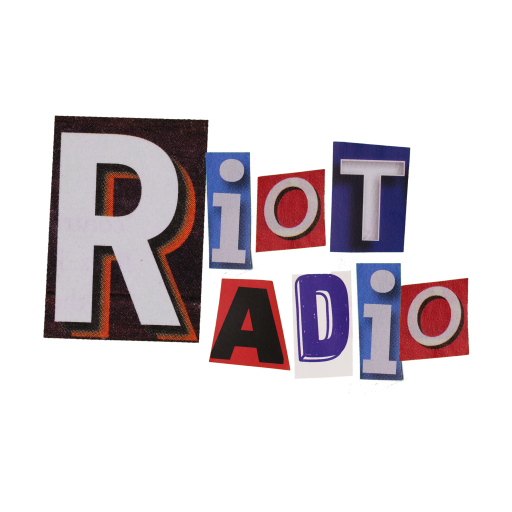So, the question is, who bears more responsibility to the audience? Is it the media platforms or the creatives themselves? Currently, much of the dialogue from the media perspective (radio, television) revolves around the perceived lack of structure within creative camps to properly promote their work. However, an essential aspect of the conversation has been overlooked: the responsibility of media personalities and their often lackadaisical approach to promoting local talents.

Typically, radio stations have an open policy for submitting records or demos. It is the responsibility of the program manager to listen and place songs in appropriate time slots. However, in some Accra-based radio stations, artists walk in with a record and are asked to pay for promotion. Even if they pay, they might only get a brief interview on air, which is rarely covered or profiled. To be fair, some stations actively book artists for performances, but this is mostly for already trending acts to increase and diversify viewership.
Compared to the original model of music promotion on radio, the current approach is not only ineffective but also costly and time-consuming. I recently pointed out to YFM Accra how they constantly interview new talents and book them for shows yet regularly avoid playing their music or sharing their content on social media. Unfortunately, my comments led to a barrage of attacks from YFM employees and their followers.
In conclusion, it’s time to re-evaluate the role of media platforms in promoting local talents. Radio stations and DJs have a critical role in shaping the music industry. By embracing their responsibility and supporting emerging artists, they can help foster a vibrant and diverse creative scene in Accra and beyond.
